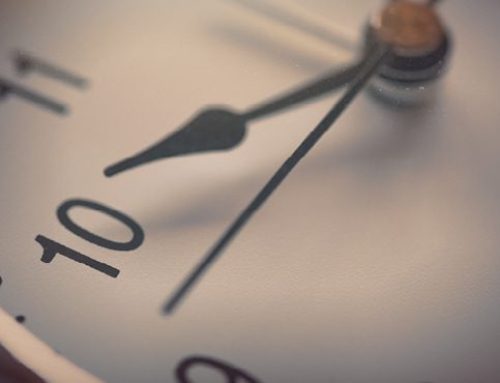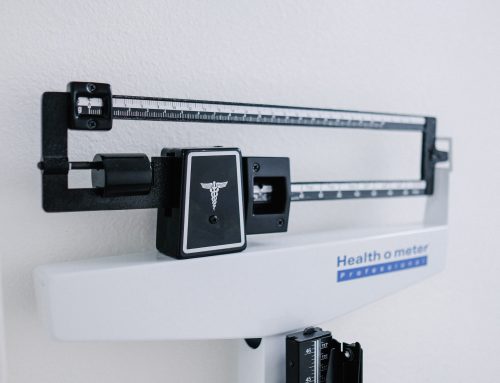” I’ll Sleep When I’m Dead”
I’m pretty sure everyone has heard this quote before, but hopefully it isn’t coming from your lips! This weeks topic is about sleep quality and quantity. Your goal this week is to focus on improving your sleep quality and/or increasing your quantity of sleep. Our fast paced society has really neglected the importance of proper sleep habits for overall health and wellbeing. When I think about it, this topic is viewed in a similar manor to our dietary habits. The resounding sense I get from some people is ” why do I need to sleep more, when I can function on less?” This is similar to ” Why do I need to change my eating habits, when I am surviving eating this way?” My answer:
“Wouldn’t you rather THRIVE than survive at life? Wouldn’t you rather feel like your rocking your body and your life, rather than accepting the mediocre feeling you pass off as being normal? Wouldn’t you do what you can to prevent developing a serious illness that your lucky enough not to have yet?”
Of course this is assuming you aren’t feeling terrible yet. If you are, and you have an illness already, then you have a pretty good motivator to start changing some things. It IS possible to get off some medications and feel much much better!
This four part series (Part 1 and Part II found here) is all about rocking your mission, and getting proper sleep is one of the most important steps you can take towards that goal. Given the top causes of death in industrialized countries are Heart Disease, Diabetes and Cancer, all of which have been correlated with sleep deprivation, I think it’s worth considering.
There are many details that feed into how sleep deprivation can sabbotage your health goals, but here are 3 major effects that have been studied at length. Sleep deprivation:
- Negatively impacts blood sugar regulation

- Leads to an increased appetite
- Leads to a decreased energy expenditure
When you pick through these effects further, you will find a nasty repetitive feedback loop that keeps you circling the wrong path.
Here is an example:
Not enough sleep—> tired—> drink more coffee—> crash—> look for some sugar—-> crash—-> too tired to exercise and not motivated to go—> just want some comfort food or at least something easy for tonights dinner, I’ll get take out or make a poor choice—>stay up too late trying to “relax” and unwind from your day—>repeat
You might wonder how sleep deprivation can cause increased hunger and blood sugar regulation. Well, it all comes down to hormonal changes. There are two main hormones that are responsible for telling your brain when to eat (Ghrelin) and when to stop eating (Leptin). Lack of sleep will increase ghrelin levels (making you more hungry) and surpress leptin levels (delayed satiety signaling). Not only are the hunger hormones affected, but so are the stress hormones which help regulate your circadian rhythm and play a major role in blood sugar regulation. Cortisol is one of the major “stress” hormones that is responsible for giving you energy in the morning (when it’s high) and allowing you to fall asleep at night (when it’s low). In a healthy body, cortisol has distinctive peaks and valley throughout the day, which help regulate your energy. Chronically elevated or dysregulated cortisol levels can cause blood sugars to rise, despite your diet and exercise habits. If your cortisol pattern is “off”, you may have issues getting or falling to sleep at night but tired during the day (well that sounds super frustrating!).
Your goal this week is to choose one or more of the simple tips below, to increase or improve your sleep. Take note of how you feel after a few days of putting emphasis on this part of your routine.
Here are some practical tips for you to improve your sleep quality and/or quantity:
- Shoot for 7-8 hours of sleep per night (National Institutes of Health recommendation).
- Go to bed before 11pm, or as close it it as you can. The best quality sleep occurs between 11 and 2pm.
- Get yourself on a regular sleep schedule that is consistent.
- Exercise. Try going for a walk, doing some yoga or stretching, or another recreational activity that you enjoy, if the gym doesn’t suit you.
- Avoid TV,computer, Ipad, and phone screens an hour before bed. They emit blue light, which hinders seratonin production and tricks your brain into thinking it’s time to be awake.
- If you must use an blue light emitting device, install the f.lux app, which will filter the blue light out. You’re still better off doing another activity like reading a book, talking, doing some light yoga, or guided meditation though.
- Cut back on caffeine and don’t drink any after 2pm (even if you think it doesn’t affect you!!).
- Get out into some sunlight (without sunglasses) in the AM. Even if it’s for 3 mins. It will help regulate your circadian rhythm.
- Sleep in a dark room. No night lights or glowing lights of any kind.
- Practice some stress management techniques, like the ones mentioned here, to help calm your mind and reduce your cortisol level.
- Try taking Natural Calm before bed. Do read the instructions for use, and follow them.
- Some supplements that can be helpful include ashwaganda, rhodiola, and melatonin.
Good luck and get your ZZzz’s!
 My office is open for in-person and virtual appointments. Here is the
My office is open for in-person and virtual appointments. Here is the 



